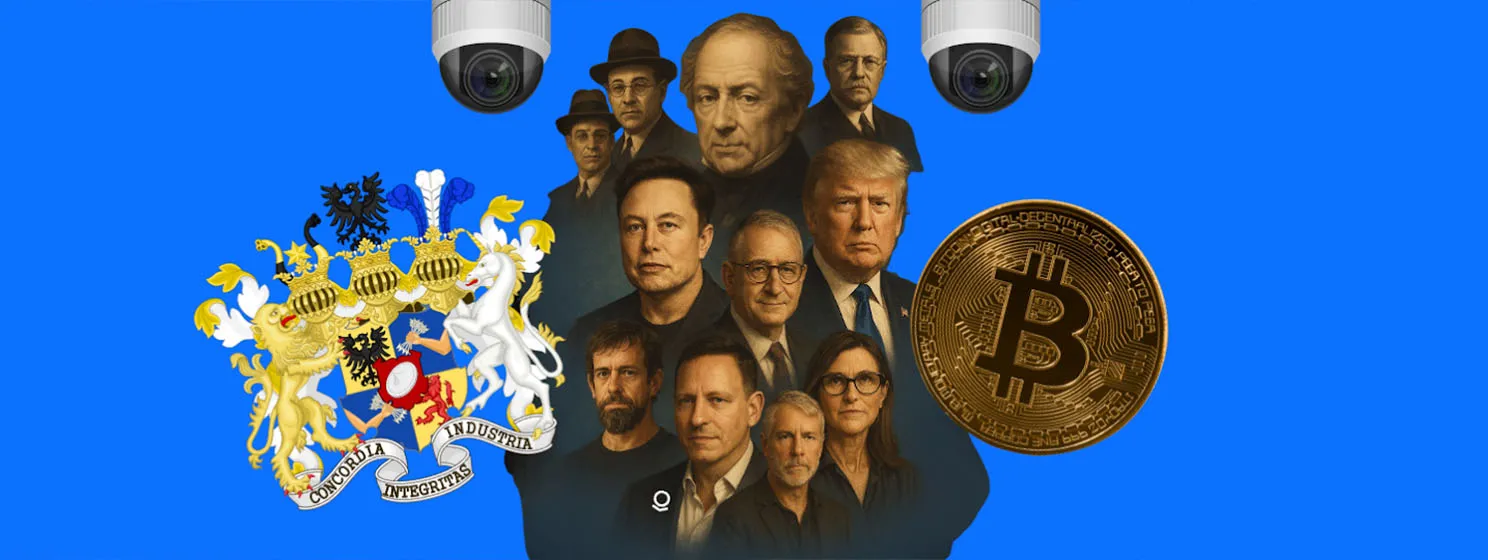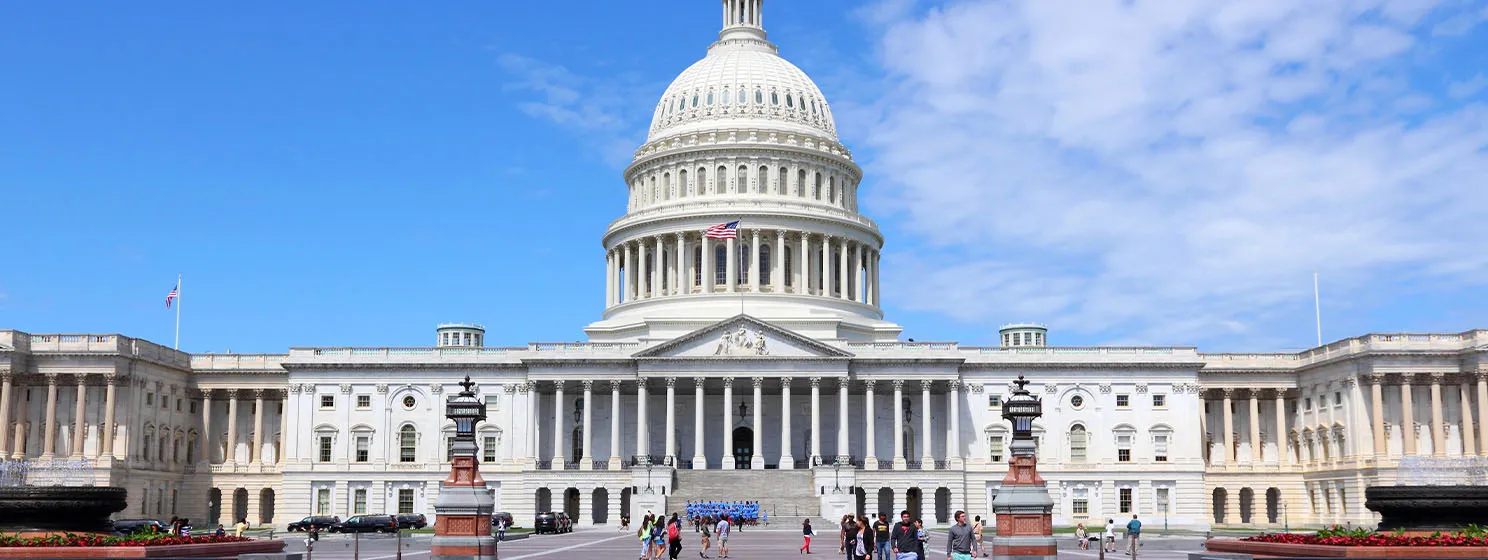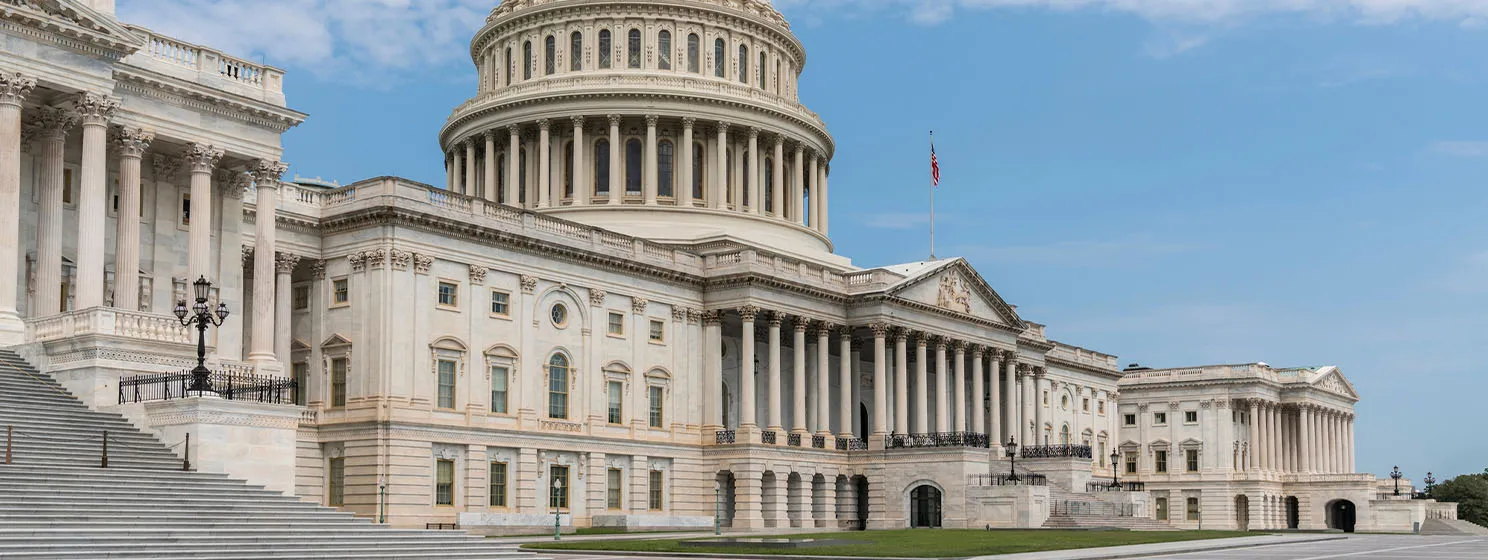
Ransomware
FBI dismantles Hive malware network, saves $130 million in ransom payments
The FBI gained access to the network months ago and has been giving decryption keys to Hive victims, before finally...
Ransomware revenues dip 40% as victims ‘refuse to pay’: Chainalysis
The Chainalysis report says that a record 48% all cyber criminals now prefer centralized exchanges, shining a light on Binance...
Leveraging blockchain for cybersecurity—SmartLedger team talks to the Food Institute podcast
In a podcast, the team behind SmartLedger shed light on how blockchain technology can be of vital use in addressing...
US authorities dismantle ransomware-friendly Bitzlato exchange, arrest co-founder
The DoJ’s complaint against Anatoly Legkodymov, a senior executive and major shareholder of Bitzlato, notes that it was founded in...
Bitcoin ZK Bounty Series: Part 1 — Pay for Decryption Key
Zero-Knowledge Bounties provide a solution to a Sudoku problem and the classic fair exchange problem, providing assurance that payment will...
FBI, 2 other US security agencies ramp up campaign vs ransomware with help from citizens
As cyberspace becomes increasingly vulnerable to attacks due to the proliferation of malware groups, security agencies rely on the public...
Recent
Trending
Most Views

 07-16-2025
07-16-2025 
































